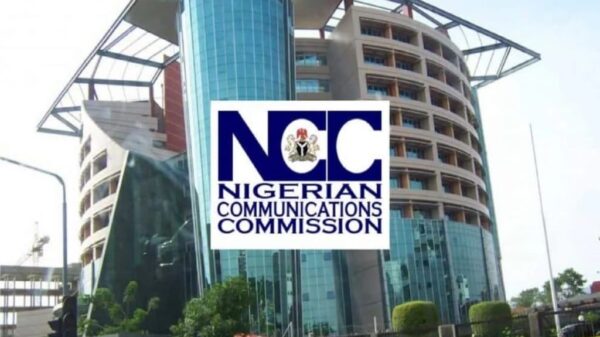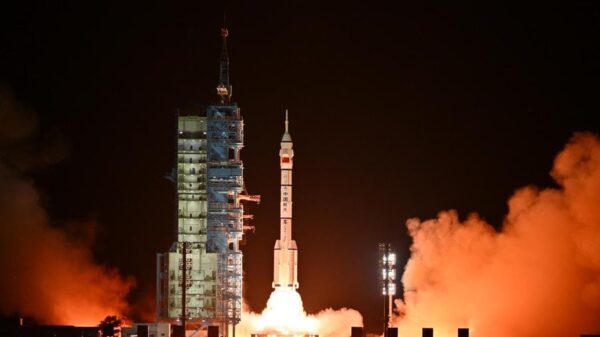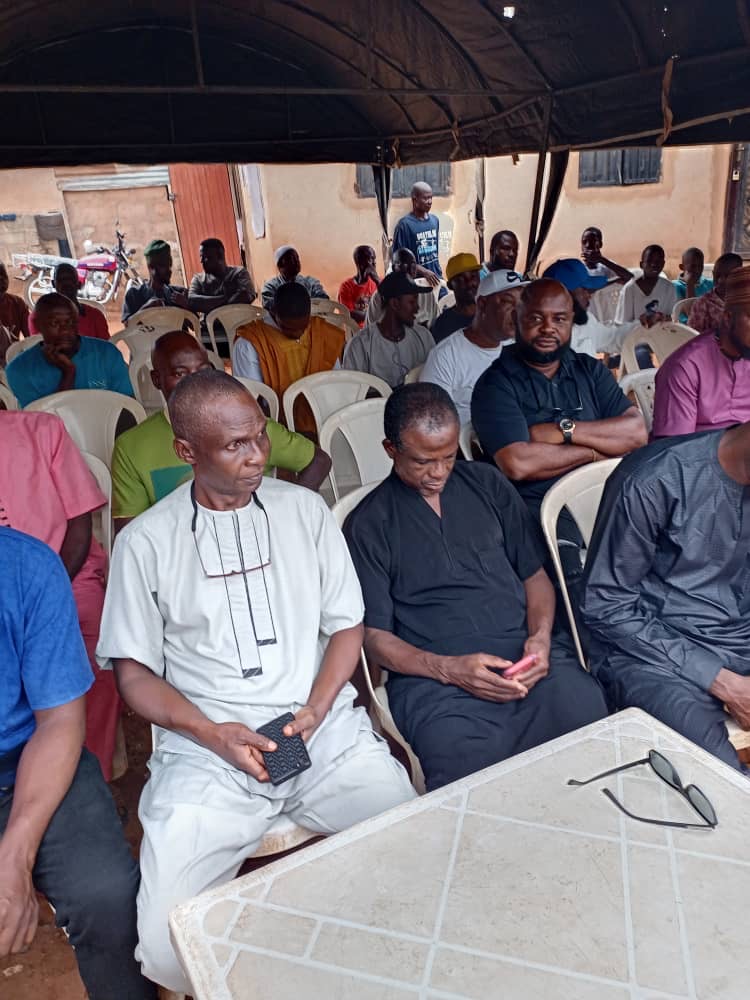The United Nations (UN) and the National Human Rights Commission (NHRC) have urged young people not to allow themselves to be used to incite and deepen hatred in Nigeria.
The organisations gave the advice at the commemoration of the third International Day for Countering Hate Speech, jointly organised by NHRC and UN in Abuja.
The Executive-Secretary of NHRC, Mr Tony Ojukwu, decried the impact of hate speeches in the society.
Ojukwu said hate speech had promoted discrimination; divisions; violence; and impeded voters participation and access to elections.
Ojukwu said that in order to ensure peaceful, prosperous and united nations; Nigerians, particularly young people should reflect on things that would bind compatriots together, rather than separate them.
“Young people are more invested in the future of Nigeria than any other group in our population, and should not allow themselves to be used as cannon fodders to incite and deepen hatred in the country.
“Coincidentally, youths form the bedrock of our nation and this demographic dividend should at all times be mobilised for the social and economic development of our dear nation.
“Sensitising and mobilising young people to combat hate speech is crucial in today’s world, where they are not only the target, but also influential voices in their communities,” he said.
He promised to work closely with the UN system in Nigeria, youth leaders and other stakeholders to create relevant awareness to identify and counter hate speeches.
The UN Resident and Humanitarian Coordinator, Mr Mohammed Fall, said that hate speech contradicted all the values and principles enshrined in international human rights law.
Fall, who was represented by Mr Phillippe Delanghe, added that it undermined efforts to achieve the aim of 2030 Agenda and its Sustainable Development Goals to leave no one behind.
“Hate speeches often target the most vulnerable in our societies and minorities, if left unchecked, it can harm peace and development.
“It lays the foundation for conflicts and tensions, undermine social cohesion and contribute to wide scale human rights violations and crime.
“The devastating effect of hatred is not new. However, new technologies of communication has amplified the scale and impact of hate speech.
“Social media and the internet are now the most frequent methods for spreading divisive rhetoric and ideologies on a global scale,” he said.
























